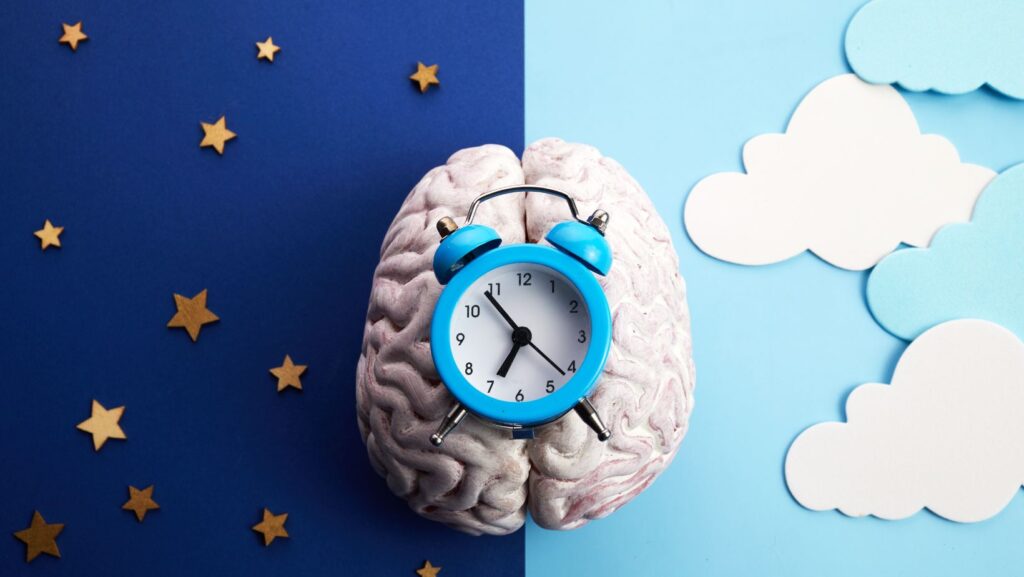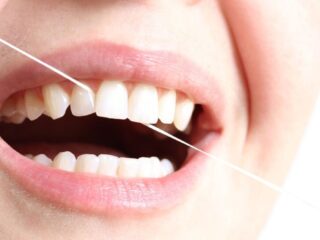
Do you ever wonder if sleep is actually some elaborate myth invented by mattress companies? I do, especially when I look at today’s teens. They shuffle into class at 8 a.m. with the haunted eyes of an extra on “The Walking Dead.” Sure, I’m exaggerating. Or am I? Just last Tuesday morning, my neighbor’s son nearly watered his houseplant with Red Bull. He’s not alone.
Let’s get this out of the way: Sleep is not just beauty rest or a way to escape chores. For teenagers, sleep is more like a secret power-up—think Mario after grabbing a mushroom—except instead of growing, their brains just… work better. Take away those precious hours, and what’s left? Anxious, moody, impulsive, TikTok-obsessed insomniacs who suddenly think a “study break” means rummaging for whatever is at the back of the medicine cabinet. (Sound familiar?)
Sleepless, Anxious, and Looking for an Escape
I have to admit, I envy teens’ energy. Yet I also do not, because I remember what it felt like to spend half the night worrying about grades, friends, or the existential dread that comes from scrolling Instagram at 1 a.m. Fast forward to today, and the research still says the same thing: When teens miss out on sleep, their brains have a meltdown. Not always visible, sometimes just a quiet storm—anxiety, spiraling mood swings, maybe a stubborn headache that refuses to quit.
But here’s where it gets twisty: The less you sleep, the more you crave an escape. Some teens binge-watch Netflix until their eyeballs ache, but others go hunting for something more… chemical. Self-medication is not a new concept, but lately, it feels like every other week there’s another story about a teenager downing a friend’s leftover pills or raiding the family wine rack in the name of “chilling out.” You start with a pill or a puff to knock yourself out, and suddenly, you’re more awake at 3 a.m. than you’ve been all day.
Mini tangent, forgive me: Did you know Shakespeare called sleep “the balm of hurt minds”? Turns out, he was right. Mess with sleep, and the mind starts hunting for balms in all the wrong places.
The Messy Science of Substance and Sleep
Here’s the scientific irony: That glass of wine, or sneaky vape session, might knock you out for a bit. But your brain isn’t fooled. Substance-induced sleep skips the good stuff—deep, restorative sleep that actually reboots your system. Instead, you wake up groggy, cranky, and less able to resist whatever drama comes your way the next day.
It’s a rigged game, and teens often lose. The longer they lean on shortcuts, the more tangled things get. Maybe you notice your teenager is “just tired” all the time, or snapping at you for no reason, or always sick. Is it puberty? Is it stress? Maybe, yes. But sometimes, it’s a cocktail of exhaustion, anxiety, and something quietly brewing beneath the surface.
Rehab, Recovery, and That Impossible Conversation
So, how do you get off this wild carousel? The first step—maybe the hardest—is seeing that sleep, substance use, and mental health are all dancing together. Miss one step, and the others stumble, too. I’ve talked with counselors who say teens rarely walk in asking for help with “all three.” Usually, it’s “I can’t sleep,” or “school is overwhelming,” or “my parents found weed in my backpack.” Sometimes, it takes a crisis- a panic attack, a car accident, an overdose—before anyone connects the dots.
Rehab programs worth their salt are catching on. They’re finally treating insomnia and anxiety alongside substance use. Sleep hygiene isn’t just a wellness buzzword—it’s real, and when combined with therapy and proper support, it can yank a teen out of the spiral. I know a kid who once insisted sleep apps were a scam, then six months later swore his favorite breathing exercise “saved my GPA.” Go figure.
“Far too often, teens and their families underestimate just how closely sleep, substance use, and mental health are connected. Real progress starts when we address the whole person, not just the symptoms. At Hand in Hand Recovery Center, we see lives change every day when support, education, and compassion come together—no one has to face these challenges alone.”
— Cody Davis, CADC, Substance Use Disorder and Mental Health Advocate & Educator at Hand in Hand Recovery Center.
“When we finally recognize that a teen’s restless nights and risk-taking aren’t just phases, but signals of deeper struggles, everything changes. At Thoroughbred Wellness and Recovery, we believe real healing starts with listening to what’s said and to what’s hidden behind exhaustion and silence. Lasting recovery means treating the whole person, not just their symptoms.”
— Caroline Torbett, MSW, Primary Thoroughbred Wellness and Recovery.
How Grown-Ups Can Help Without Making Things Worse
Here’s my not-so-expert opinion: Adults tend to lecture about sleep and substances as if teens aren’t fluent in ignoring advice. You want to actually help? Start by asking real questions. “Are you sleeping okay?” works a lot better than “Are you taking drugs?”—though, let’s be real, both are necessary at times. Schools should teach sleep as a survival skill, right alongside trigonometry and—dare I say it—how to change a tire. Doctors, please screen for sleep problems and substance use in the same breath.
And if you see those warning signs—chronic fatigue, sudden mood flips, hiding in their room—don’t assume it’s “just a phase.” Sometimes it is, but sometimes it’s not. Early support, family counseling, and a safe space to talk are the lifelines that keep teens from sliding further down.
Final Thoughts That Are Not Really Final
Let’s wrap this up with a confession: I am slightly obsessed with sleep science. (I keep a backup eye mask in my work bag, just in case.) But you do not have to be a neuroscientist to see what’s going wrong with today’s teens. They’re tired, stressed, and tempted at every turn to find quick fixes in a bottle or a pill.
The cycle is vicious, but not unbreakable. Call me optimistic (or just a sucker for a happy ending), but I have seen teens recover, find sleep again, and rebuild their mental health. For anyone feeling lost in the process, it can help to explore recovery options and see what kind of support is available. If you’re interested in more data and insights from national experts, you can see research on teen sleep and health for a broader perspective. It starts with understanding—messy, real, and honest. Then it takes everyone—parents, teachers, doctors, even the sleep-deprived neighbor—actually paying attention.
So tonight, maybe ask your teen how they’re sleeping. Just do not expect an answer before noon.














